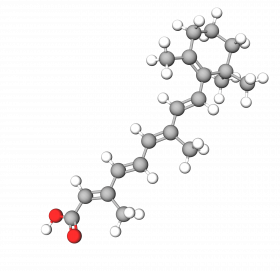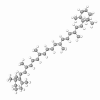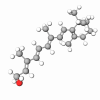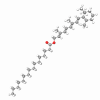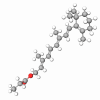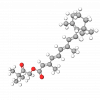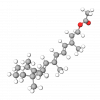Vitamin A in cosmetic preparations is intended for all skin types. Mature skin becomes supple and radiant, and wrinkles are reduced. Oily, acne-prone skin acquires an even color, imperfections are hidden, and sebum production decreases. The substance is one of the main components of anti-aging cosmetics and acne-fighting products. Here's why vitamin A is good for your skin when you apply it topically in face creams and serums: Many dermatologists recommend using it after 25-30 years to slow down the first signs of aging.
Vitamin A creams can help lighten sun spots and boost skin radiance in two ways. Firstly, by increasing and normalizing the metabolism of skin cells, and secondly, retinoids can block the enzyme necessary for the production of melanin (dark pigment), which also helps to give the complexion a smooth tone.
Ingredients
Which forms of Vitamin A are used in skincare formulas?
The vitamin A family consists of over 2000 retinoids. The best known are:
- Retinoic Acid
- Retinol
- Retinyl Palmitate
- Retinyl Acetate
- Retinyl Propionate
